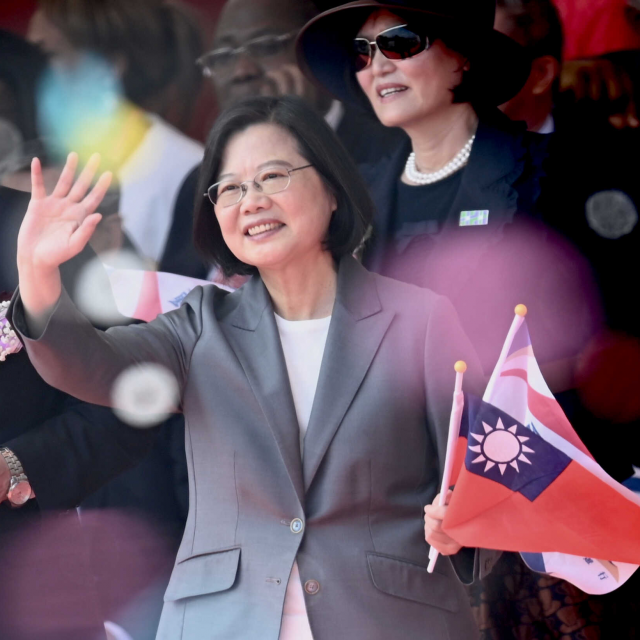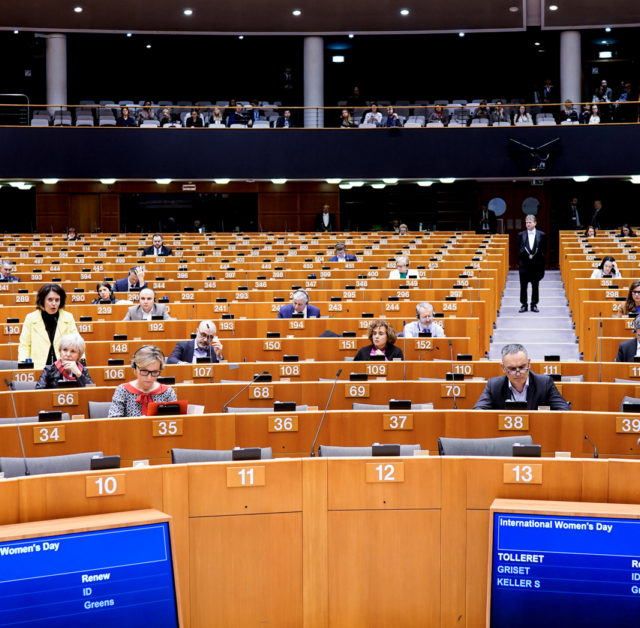Photo by Lucas Marcomini on Unsplash
Finland shares a lengthy and vulnerable border of 1,340 km with Russia. As the only non-NATO EU member with any such frontier it has long been wary of its larger neighbour. This wariness is not just because of present behaviour but because of the past: in 1939 the USSR invaded Finland, and by the end of World War 2 formally annexed some 40,000 square kilometres of Karelia, Salla and Kuusamo provinces. The country has learnt the hard way that a notionally sovereign country which cannot defend itself can never be effectively in control of its destiny.
That is why Finland and soon Sweden (when Turkey and Hungary finally stop their political games), both studiously neutral until now, have realised the necessity of becoming members. Finland has just joined, and NATO will become stronger immediately – not just by the sealing of its northern flank but also with the addition of some 280,000 military personnel and the largest artillery capability in Western Europe.
In 1949 the UK was one of twelve founder members of NATO as a defence organisation to combat the growing threat from Soviet Russia. Article 5 of its founding charter commits that an attack on one member is an attack on all, and all members would respond collectively. So far it has been activated only once, following the attack on the World Trade Center over 20 years ago. The response from NATO members was immediate, showing this commitment was not just on paper but was for real.
Over the years the membership has grown to 30. Only one country has been refused admission – Russia (!) in 1954 – and only one of the founding members, France, has chosen to leave the NATO command structure for reasons of sovereignty and – to coin a phrase – taking back control.
De Gaulle wrote to US President Eisenhower back in 1958 proposing that France, the UK and the USA should have equal say in NATO’s strategic decisions. He was unhappy that SACEUR, the military command structure of Supreme Allied Commander Europe, was always led by an American with the deputy always just happening to be British. He considered French forces being under the command of a foreigner was a fundamental undermining of national sovereignty.
In 1966, he formally withdrew France from the NATO command structure, despite the European headquarters of SHAPE (Supreme Headquarters Allied Powers Europe) having been based in Paris for fifteen years. The HQ promptly moved to Brussels where it remains to this day: so much for taking back control….
It was not until 2009 that France formally re-joined all NATO activities once more, having finally realised that going it alone simply made France weaker.
Technically of course de Gaulle was correct. Allowing Generals from another country to take operational decisions over national armed forces is the ultimate surrender of sovereignty. However, no UK Government has taken a similar view. The question must be: why not?
The answer must surely lie in understanding how sovereignty is – or should be – defined. The Oxford English Dictionary – in an entry intriguingly listed just above the word ‘Soviet’ – defines its early usage in 1860 as “absolute and independent authority”. I would respectfully suggest that the world has moved on since 1860. Merriam Webster defines it as “supreme power…free from external control”, and this definition is also completely out of date in today’s interconnected world. Franklin Roosevelt would presciently reflect this same point in his inaugural Presidential speech in back in 1933, saying: “we now realise as we have never realised before our interdependence on each other.”
The success of NATO confirms that apparently surrendering national sovereignty magnifies national power rather than dilutes it. Membership benefits include not just greater security, but agreement to operate a common set of standards (STANAG) for weapons and logistical systems so they are interoperable as well as cheaper and easier – very similar in principle to the common standards agreed for trading products by EU Member States.
That is why Ukraine, fiercely defending its independence, not only wants to join NATO but also the EU to strengthen its sovereignty with fuller economic and political power. It is why so many other countries are now in the queue for EU membership, realising that to be truly sovereign nations this is the best way to leverage control by promoting prosperity as well as security for their people.
For the UK to choose to leave the EU while still embracing NATO was illogical as well as stupid. The current Government, in its dying days, persists in parroting platitudes about ‘Sovereignty’, ‘Brexit opportunities’ and ‘Taking Back Control’ while structurally now unable to deliver any of them.
The next Prime Minister should remember that countries working constructively within supra-national organisations can endow their national sovereignty with real clout. Going it alone only ever delivers a comforting but empty soundbite.




